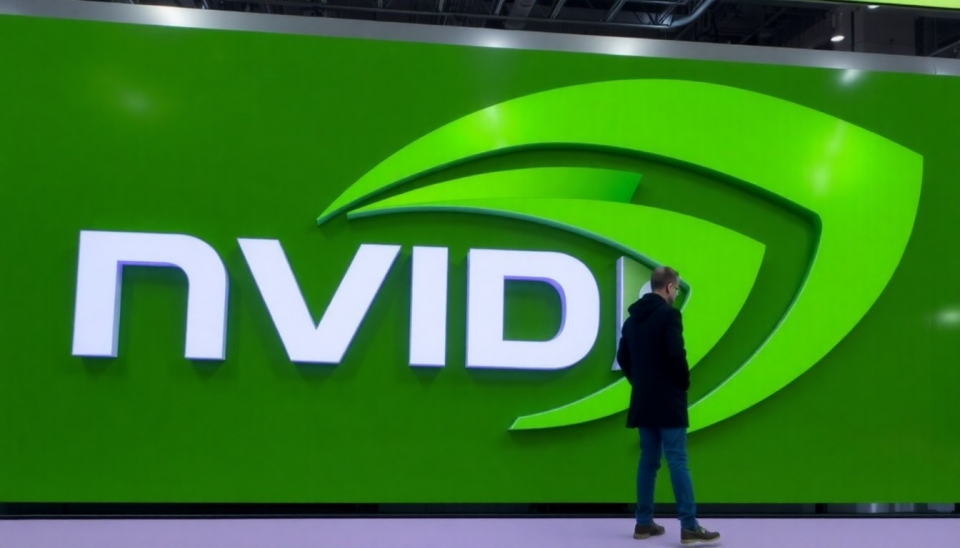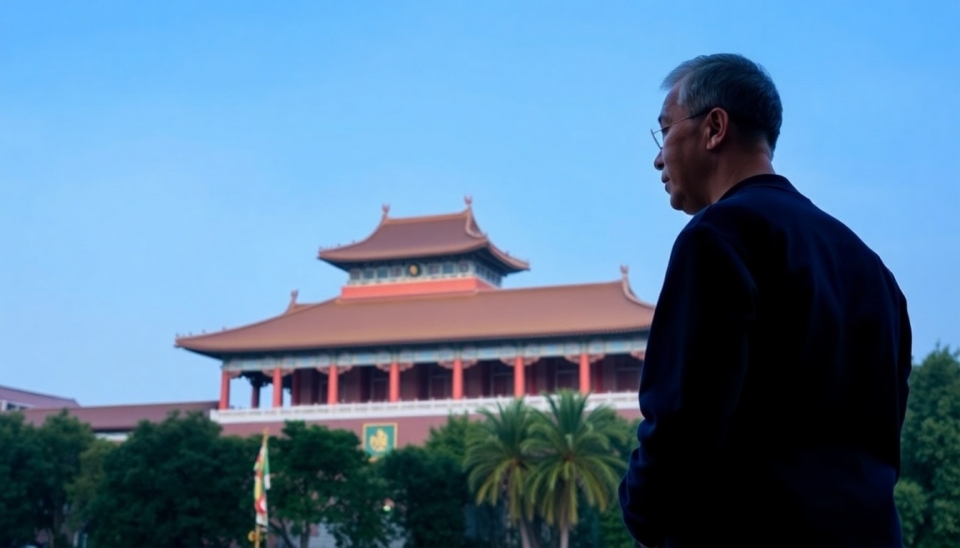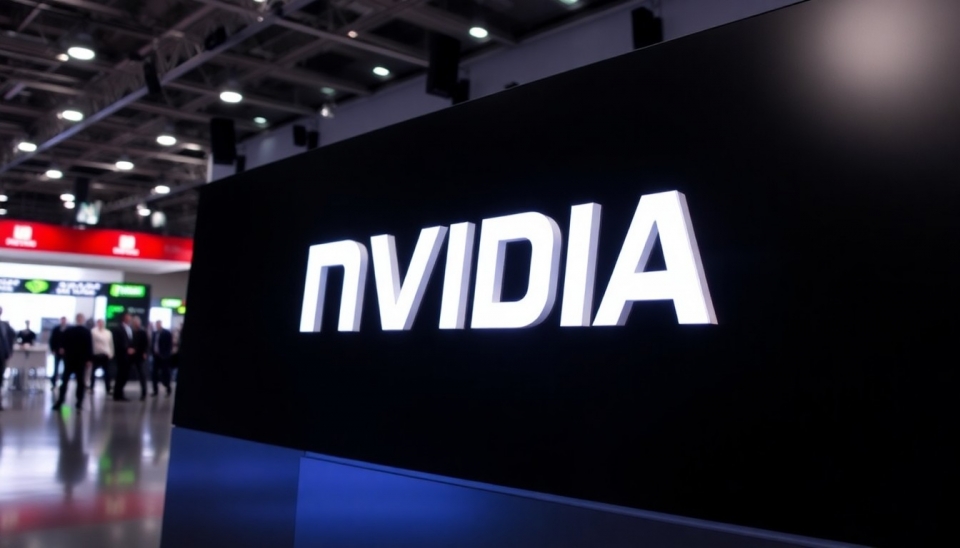
In a significant development that is likely to reshape the landscape of artificial intelligence technologies globally, the United States government is contemplating new regulations that could cap the sales of NVIDIA's advanced AI chips to certain countries. This move comes amidst heightened concerns over national security and technological dominance, as the U.S. seeks to curb the proliferation of advanced AI capabilities in nations deemed as strategic competitors.
The discussions around these potential restrictions have gained traction, especially in light of NVIDIA's critical role in the AI sector. The company is a leading provider of GPUs (graphics processing units) that are essential for training and deploying sophisticated machine learning models. As countries around the world race to bolster their AI capabilities, the implications of restricting access to these chips could have far-reaching consequences for international collaborations in AI research and development.
Sources familiar with the matter indicate that the proposed restrictions may target specific nations with established technological ambitions. While the exact countries that may face sales caps are not yet disclosed, speculation has arisen about nations that have previously been identified as security risks by U.S. intelligence agencies. The Biden administration appears committed to creating a framework that allows for the monitoring and regulation of AI chip sales to ensure that sensitive technologies do not fall into the hands of adversaries.
In response to the potential policy changes, NVIDIA has expressed its commitment to adhering to all local regulations and cooperating with government entities. The company has emphasized the importance of balancing innovation with security considerations and has taken steps towards engaging in dialogues with officials to better understand the concerns driving these discussions.
Besides national security issues, the potential limits on AI chip sales could also have economic ramifications. Analysts note that NVIDIA has built a significant portion of its business on the demand for AI-driven technologies. Placing restrictions on sales could disrupt revenue channels and challenge the company's growth trajectory in international markets.
Furthermore, experts warn that if implemented, these sales caps might lead to a fragmented global market for AI technologies. This division could ultimately stifle innovation, as companies in restricted countries may seek to develop their own alternatives, further intensifying the geopolitical tech race.
As of now, the U.S. government is in the evaluation phase, considering the broader implications of these sales restrictions. Stakeholders in the tech community, including companies, researchers, and policymakers, are watching closely as they prepare for possible adjustments in the regulatory environment surrounding AI and semiconductor technologies.
In conclusion, the potential move by the U.S. government to limit NVIDIA's AI chip sales to select nations highlights the intersection of technology and international relations. The outcome of these discussions will likely establish new standards for how AI technologies are managed and governed in a rapidly evolving global landscape.
#NVIDIA #AIChips #USTechPolicy #NationalSecurity #GlobalTechnology #AIDevelopment #Semiconductors
Author: John Miller




